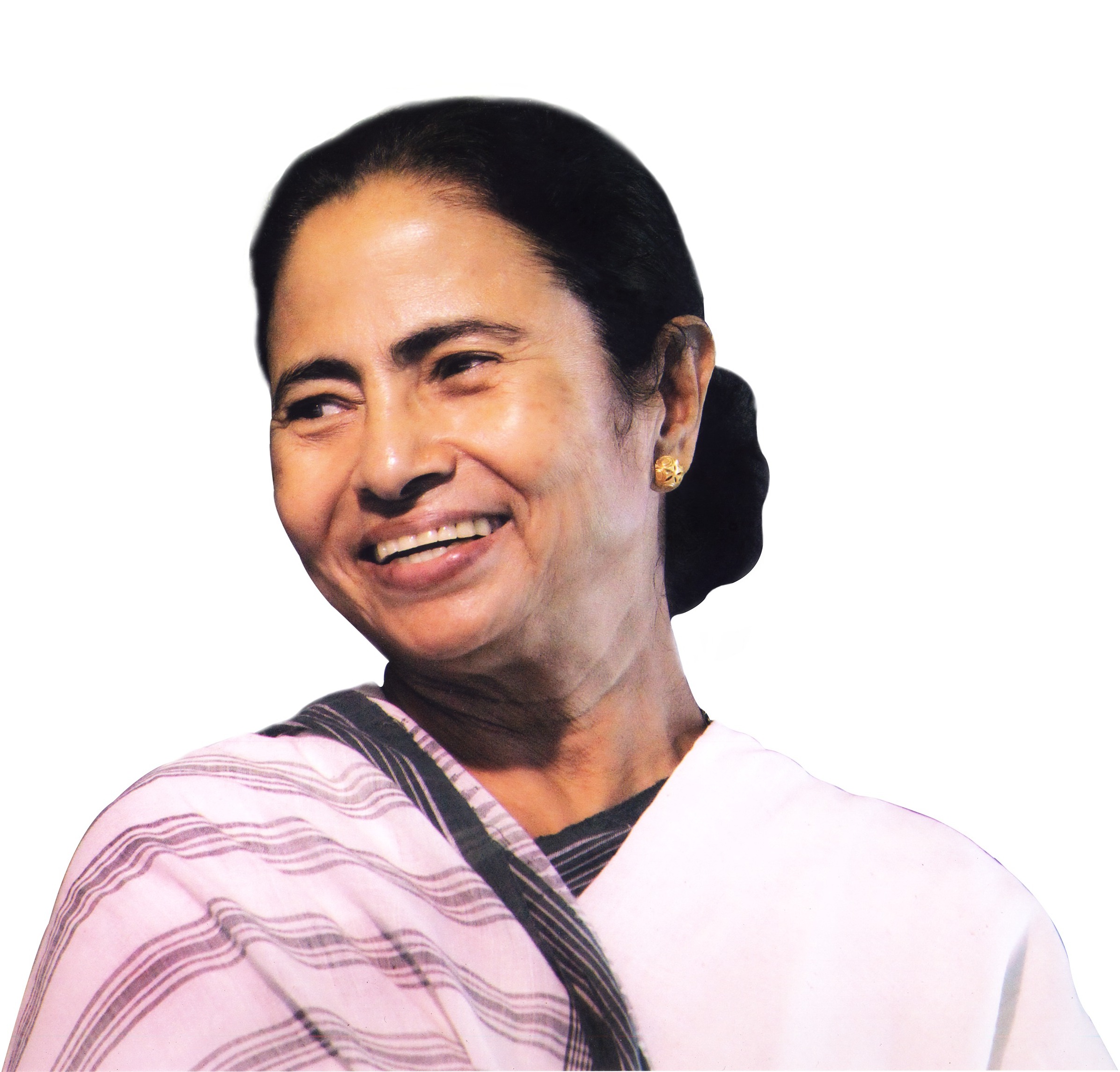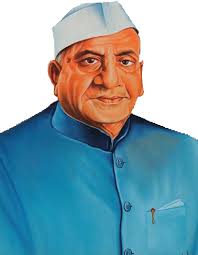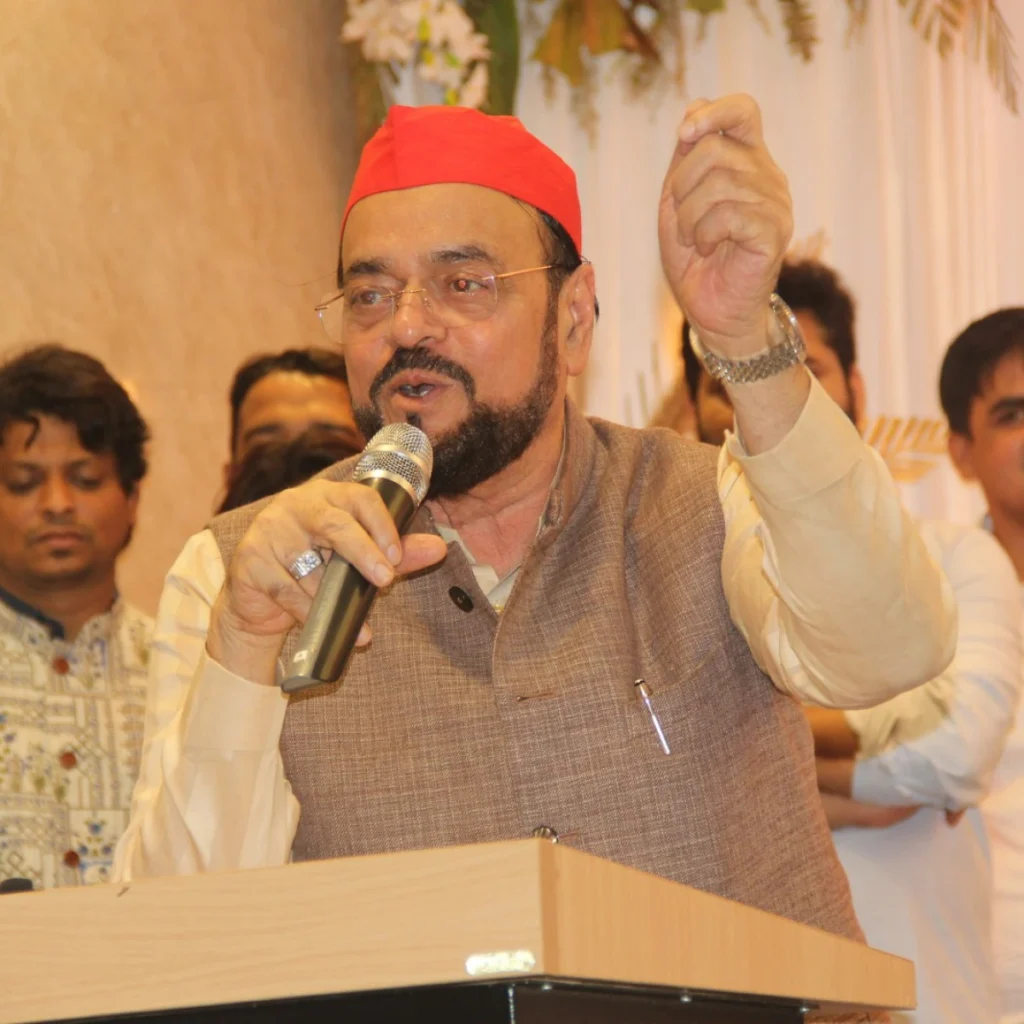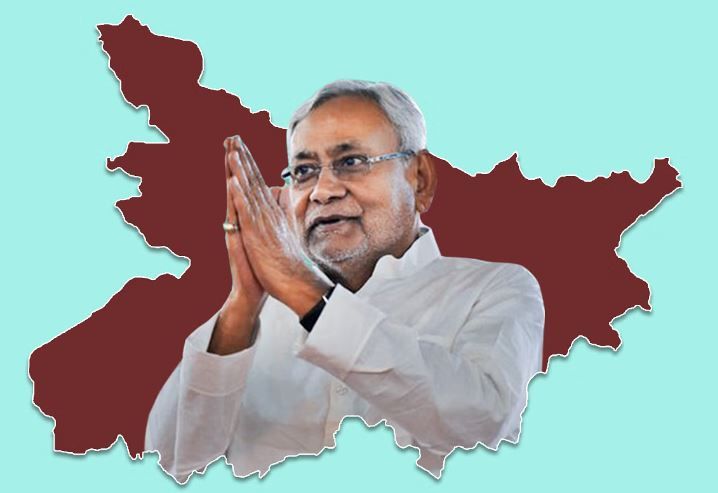Introduction:
Mamata Banerjee, the fiery and resilient leader, has carved a unique niche in Indian politics with her unwavering commitment to grassroots activism and social justice. As the Chief Minister of West Bengal, she has not only transformed the political landscape of the state but also emerged as a formidable force on the national stage. In this narrative, we delve into Mamata Banerjee’s remarkable political journey, her transformative work in West Bengal, and the state’s enduring dominance in Indian politics.
Early Life and Entry into Politics:
Born on January 5, 1955, in Kolkata, Mamata Banerjee’s political journey began at a young age, inspired by her passion for social service and activism. She started her political career as a youth leader in the Indian National Congress and quickly rose through the ranks, earning a reputation as a fierce advocate for the marginalized and downtrodden.
Championing Grassroots Activism:
Mamata Banerjee’s political ideology is deeply rooted in grassroots activism and people-centric governance. She has been at the forefront of numerous social movements, advocating for the rights of farmers, laborers, and women. Her unwavering commitment to social justice has earned her the unwavering support of the masses, making her a beloved leader among the people of West Bengal.
Transformative Work in West Bengal:
Upon assuming office as Chief Minister of West Bengal in 2011, Mamata Banerjee embarked on a mission to revitalize the state’s economy, infrastructure, and social welfare programs. Under her leadership, West Bengal has witnessed unprecedented growth and development across various sectors, including education, healthcare, and industry.
Economic Development and Industrialization:
Mamata Banerjee’s tenure has seen significant strides in economic development and industrialization in West Bengal. Her government has implemented progressive policies to attract investment, promote entrepreneurship, and create employment opportunities for the youth. Initiatives such as the Bengal Global Business Summit have positioned West Bengal as a preferred destination for business and investment, driving the state’s economic growth and prosperity.
Empowerment of Women and Marginalized Communities:
Mamata Banerjee’s administration has been instrumental in empowering women and marginalized communities in West Bengal. She has introduced various welfare schemes and affirmative action programs aimed at improving the socio-economic status of women, minorities, and other vulnerable groups. Initiatives such as Kanyashree, Sabuj Sathi, and Rupashree have had a transformative impact on the lives of millions of women and girls across the state.
Infrastructure Development and Connectivity:
Infrastructure development has been a priority for Mamata Banerjee’s government, with significant investments made in roads, railways, and urban infrastructure. The expansion of metro rail networks, construction of bridges and flyovers, and improvement of rural connectivity have enhanced mobility and connectivity for citizens, fostering economic growth and regional integration.
Cultural Renaissance and Heritage Preservation:
Mamata Banerjee has been a staunch advocate for the preservation and promotion of Bengal’s rich cultural heritage and artistic traditions. Her government has initiated various cultural programs and festivals to celebrate Bengal’s cultural diversity and heritage. Initiatives such as the Kolkata International Film Festival and Durga Puja immersion carnival have not only showcased Bengal’s cultural vibrancy but also boosted tourism and economic activity in the state.
National Relevance and Political Influence:
Mamata Banerjee’s political influence extends beyond West Bengal, with her emerging as a key player on the national stage. Her steadfast opposition to the ruling party at the center and her vocal advocacy for federalism and states’ rights have earned her widespread acclaim and support from regional parties across the country. As the founder and leader of the All India Trinamool Congress (AITC), Mamata Banerjee’s political acumen and leadership have reshaped the dynamics of Indian politics, with Bengal emerging as a pivotal state in national elections.
Challenges and Future Prospects:
Despite her many achievements, Mamata Banerjee faces several challenges in sustaining Bengal’s dominance in Indian politics. Rising unemployment, agrarian distress, and political polarization pose significant hurdles to her administration. However, with her unwavering determination and the support of the people, Mamata Banerjee remains poised to overcome these challenges and lead Bengal towards a brighter and more prosperous future.
Conclusion:
Mamata Banerjee’s journey from grassroots activism to political prominence is a testament to her resilience, tenacity, and commitment to social justice. As the Chief Minister of West Bengal, she has ushered in an era of transformative governance, driving economic growth, empowering marginalized communities, and reshaping the political landscape of the state. Bengal’s enduring dominance in Indian politics under Mamata Banerjee’s leadership underscores the region’s significance as a powerhouse of democracy and progressive change. As she continues to champion the cause of the people, Mamata Banerjee remains a beacon of hope and inspiration for millions across the nation.






